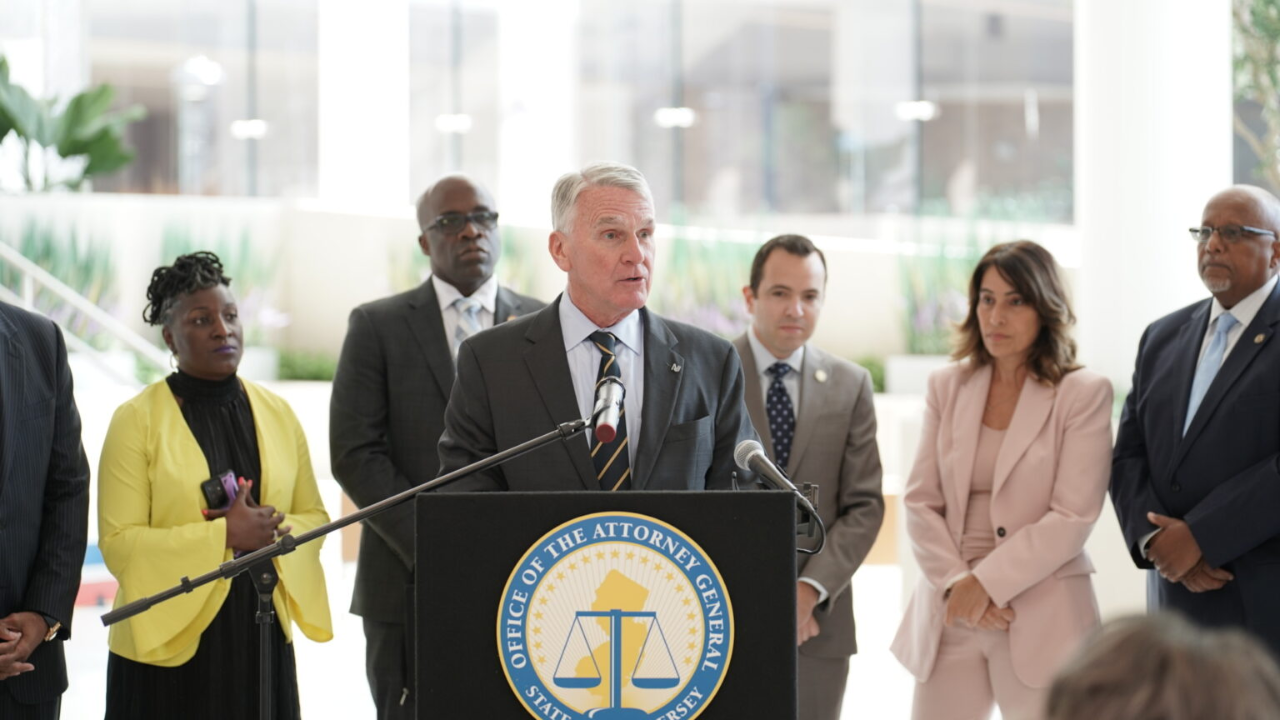NJ Transit plans to reduce its budget by 5% as requested by Governor Phil Murphy to address a budget crunch. Despite the cuts, the agency’s new CEO, Kris Kolluri, assures that services will not be impacted.
Kolluri, who became CEO on January 16, explained that NJ Transit has already achieved the 5% reduction within its $3 billion budget without cutting services.
He emphasized that this was achieved through hard work and strategic decisions, not by reducing any services.
CEO Confident in Maintaining Services
During an event hosted by the South Jersey Development Council, Kolluri stated, “We’ve already produced a 5% cut — if not more — without cutting a single bit of service.”
He emphasized that while it wasn’t easy, NJ Transit found ways to save money without affecting service quality.
However, when asked for details on the specific areas where spending was reduced, Kolluri did not provide specifics.
Governor’s Budget Request and Broader Impacts
Governor Murphy is expected to present his final budget next week before leaving office in January.
In October, he asked state agencies to find cuts equal to 5% of their preliminary budget targets to address current and future budget deficits.
New Jersey’s current budget includes spending $2.1 billion more than it collects in taxes, with the deficit expected to rise to over $3.8 billion in the next fiscal year.
Concerns About Corporate Transit Fee
Some transportation advocates worry that revenue from a new 2.5% business surtax, known as the corporate transit fee, might not reach NJ Transit as intended.
This tax is designed to provide about $800 million for NJ Transit until it expires in 2029. However, there are concerns that lawmakers might redirect the funds to cover other state budget shortfalls.
Kolluri, however, dismissed these concerns, saying, “I have not seen any indication that the corporate transit fee will not come to transit.” He emphasized that securing this revenue is NJ Transit’s top priority.
Read More:
- Trump Considers Buying Used Boeing Planes Amid Air Force One Delays
- Nearly 500k New Jerseyans Removed from Public Health Coverage!
Financial Challenges and Future Outlook
The financial challenges faced by New Jersey are significant, with the state’s budget showing a shortfall due to expiring one-time revenue sources.
This is expected to widen the deficit in the next fiscal year. Despite this, Kolluri remains optimistic that NJ Transit can maintain its current service levels while meeting the budget reduction targets.
He highlighted the need to find efficiencies without affecting service and expressed confidence in the agency’s ability to do so.
Disclaimer- Our team has thoroughly fact-checked this article to ensure its accuracy and maintain its credibility. We are committed to providing honest and reliable content for our readers.

